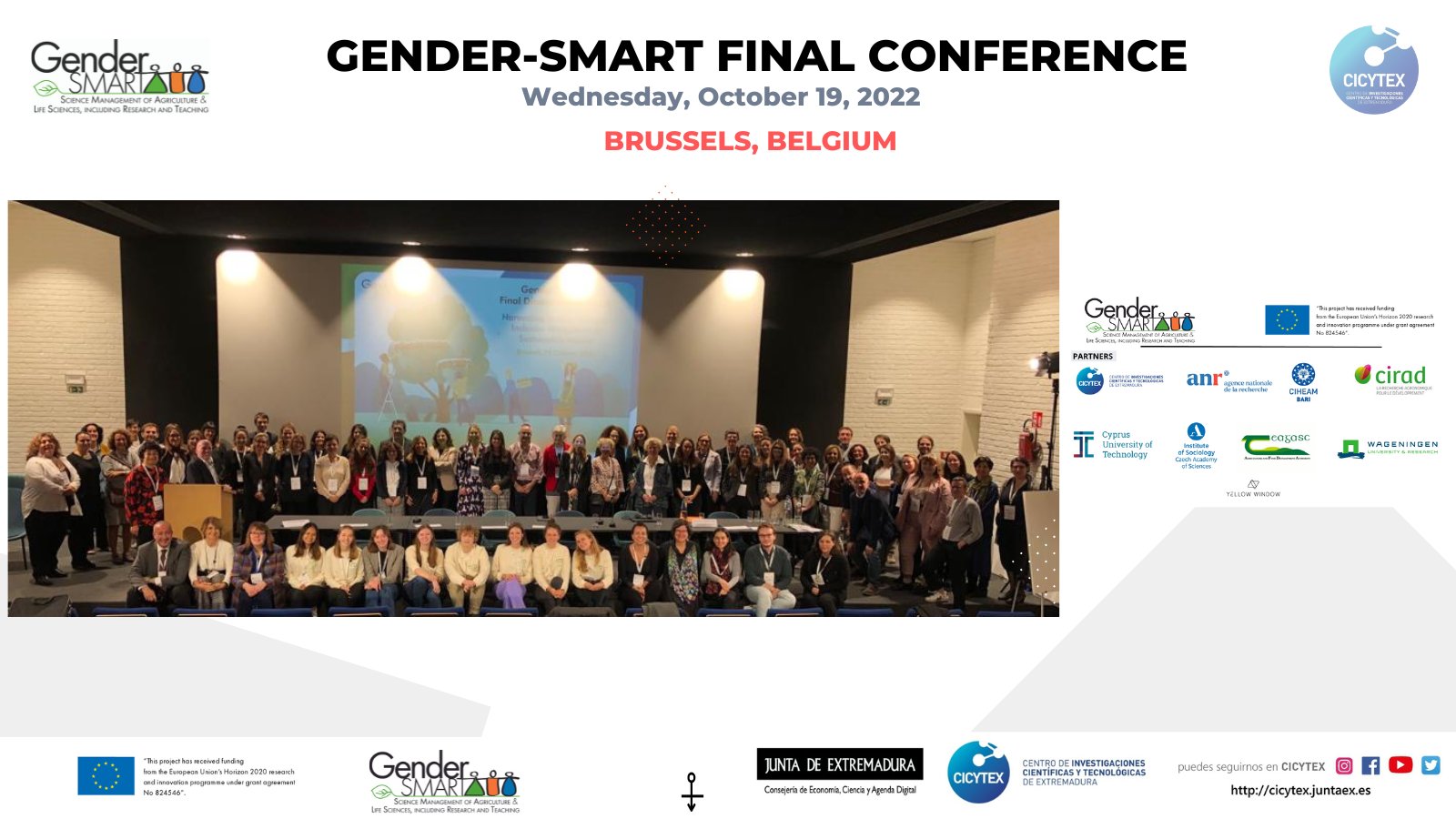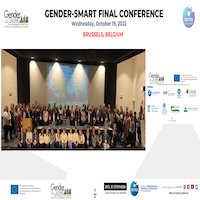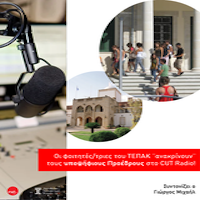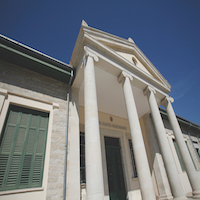On October 19 2022, the nine european partners of the Gender-SMART project took stock of 4 years of cooperation and shared their experiences and good practices to promote gender equality in the field of agricultural and life sciences. Special attention was paid to young people, on the issues of inclusion in the digital age, on the occasion of the European year dedicated to them.
« The Gender-SMART project committed our institutions to making progress by 2023 in terms of gender equality, but also in terms of taking gender issues into account in our research projects. The project has made it possible to initiate a sustained European dialogue on these issues for the agricultural and life sciences », emphasized Elisabeth Claverie de Saint Martin, CIRAD's CEO, at the opening of the day.

Over the course of the four-year project, seven institutions, with the support of two technical partners with expertise in change management and evaluation, implemented gender equality plans around four common issues:
- Build a corporate culture for greater equality between women and men
- Develop supportive measures to promote career equality
- Increase women's representation in governance and decision-making
- Integrate gender considerations into the orientation and content of research and teaching
The partners met in Brussels to share together, and with a large audience, their experiences acquired throughout the project. Among these: good practices developed within each institution during the project.
At CIRAD in France, for example, a guide for the development and adoption of inclusive behaviors was co-constructed with all employees through participatory workshops and an online survey, open to all. A community of practice, made up of scientists, has also been created to develop tools and practices to integrate gender considerations throughout the research project cycle.
At CICYTEX in Spain, an inclusive communication policy was adopted and operationalised through, among other actions, a Guide for the use of non-sexist language and inclusive communication. Also noteworthy is the implementation of a Protocol for action against sexual and gender-based harassment and the conduct of a pay gap analysis.
CIHEAM-Bari in Italy managed to leverage the Gender Equality Plan to encourage a gender policy at corporate level. Drawing on the experience gained with GEP elaboration and implementation, the Gender-SMART Core Team reached out to other staff members from CIHEAM headquarters and Institutes through a participatory approach aiming to encourage them to design their tailored GEPs and undertake a pathway towards change for a joint engagement in a gender flagship initiative.
Teagasc in Ireland identified and developed its gender values through participatory workshops held with staff. These gender values have now been widely communicated across the organisation, appear on all corporate documents and are published on Teagasc public website. Teagasc launched a self-leadership development programme for female staff only in 2019, called Leading from Within. The programme has been very successful for female staff members who have been provided with skills and tools in respect of progressing their career and operating successfully in a sector that has traditionally been quite male orientated.
Wageningen University in the Netherlands, hired a gender coach to support the committees for the selection of new chair-holding professors with advice and trainings on how to avoid gender bias. WUR also co-organized the Open Call Global Online conference: “Cultivating Equality: Advancing gender research in agriculture and food systems”, in October 2021, with the CGIAR GENDER Platform. The challenge of online inclusion is discussed in the conference report.
CUT in Cyprus introduced a radio show named “CUT it out – how to cut out bias and stereotypes from your life” at CUT’s radio station. The episodes are focused on basic definitions and different challenges that everyone faces related to gender equality. In 2021 a Senate Equality Committee was established responsible for the implementation of the Equality Plan, as well as for the design of policies related to inclusion and equality in an interdisciplinary way. In 2022, an unofficial network of Equality Ambassadors was created with 30+ staff members from all the institutional level, responsible for promoting inclusive every-day culture practices and ensuring the implementation of the policies established.
In France, the agency ANR has developed an equality action plan based on a participatory process involving the implementation committee and the Agency's staff. This made it possible to share a common vision of the needs and objectives to be achieved. To be mentioned in particular is the introduction of a dedicated evaluation criterion in the generic call for projects open to all scientific fields which brings the scientific communities to integrate the sex and/or gender dimension into the content of their research.
The challenge of inclusion in the digital age
A round table, organized in collaboration with the European project Gearing-Roles, was dedicated to the young generations and the challenges of inclusion in the digital age. The six panel members spoke about their actions and challenges related to gender equality and inclusion in the digital age in general. On several occasions, it was illustrated how digital tools can be an opportunity to raise awareness on gender equality
Gender-SMART is a H2020 project that is part of the "Science with and for Society" component. It is funded by the European Commission with 3 million euros over 4 years.
This project has received funding from the European Commission’s Horizon 2020 program under grant agreement No. 824546.
The 7 partner institutions :
- Centro De Investigaciones Cientificas Y Tecnologicas De Extremadura (Spain) – Contact : myriam.nieto@juntaex.es (Press) ; francisco.hinojalj@juntaex.es (Project Manager)
- Centro Internazionale Di Alti studi Agronomici Mediterranei (Italy) – Contact : elmoujabber@iamb.it (Project Manager)
- Teagasc - Agriculture And Food Development Authority (Ireland) – Contact : Eric.donald@teagasc.ie (press); emma.fogerty@teagasc.ie (Project Manager)
- Wageningen University and Research (the Netherlands) – Contact: Margreet.vanderBurg@wur.nl (Project Manager)
- Cyprus University of Technology (Cyprus) – Contact : panayiota.polykarpou@cut.ac.cy (Project Manager)
- Agence nationale de recherche (France) – Contact : contactpresse@agencerecherche.fr
- Centre de Coopération Internationale en Recherche Agronomique pour le Développement (France) – Contact : presse@cirad.fr
The 2 technical partners, gender and institutional change experts :
- Yellow Window (Belgium) – Contact : lut.mergaert@yellowwindow.com
- Institute of Sociology of The Academy of Sciences of The Czech Republic Public Research Institution (Czhec Republic) – Contact : marcela.linkova@soc.cas.cz



